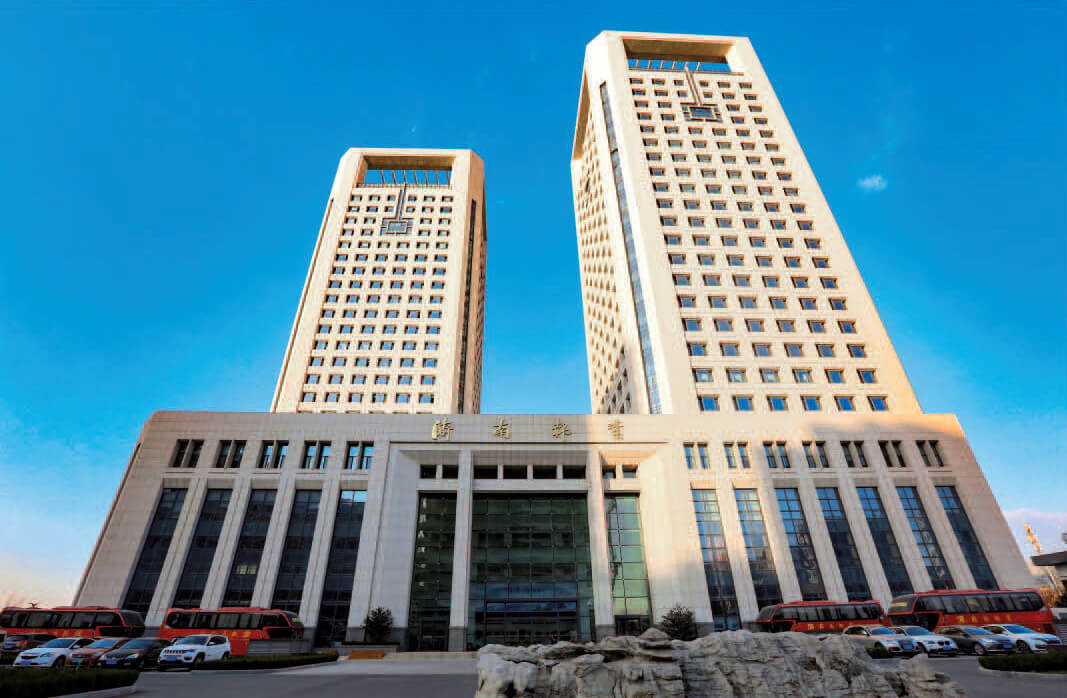Jinan has become the capital of Chinese internet censorship
Jinan has become the capital of Chinese internet censorship

The city of Jinan in Shandong Province was somewhat late to capitalize on the astronomical growth in the digital media business, but it has finally carved out an unconventional niche as China’s internet censorship capital.
Writing on Journalist’s Station (记者站 jìzhě zhàn), a WeChat public account focusing on the Chinese media industry, Lěi Zǐ 磊子 reports (in Chinese) that People.cn, the internet arm of the Party’s official mouthpiece, the People’s Daily, has decided to make Jinan home to an information technology company affiliated with it. Local newspapers reported that the firm’s establishment is part of a “strategic cooperation agreement” made between the local government and the People’s Daily, which hopes to cultivate a grand army of internet censors in the city. In return, Jinan offered a number of incentives, including cheap office space.
The deal will bring a string of benefits to Jinan. A new revenue report by People.cn shows that in the past few years, the website’s censorship department — which also provides services to other online media companies — grew rapidly and has become a key revenue driver. Additionally having more internet companies in the city — regardless of their actual relations with technology — can improve the city’s image and help officials boast of “innovation,” which the Party exhorts all cadres to nurture.
Journalist’s Station notes that People.cn is not the first media platform to locate its team of web censors in Jinan. Beijing-based news aggregator Yīdiǎn Zīxùn 一点资讯, New York-listed Phoenix New Media, and online content recommendation platform Zuìyòu 最右 all earlier chose to move their censorship departments to the city. Because of this, Jinan is already home to over 5,000 internet censors, according to Journalist’s Station.
“Much of the online content we consume, including news, articles, videos, images, and memes, makes a stop in Jinan every day before we see it on the internet,” writes Lei Zi, adding that web censors working for big media companies make up the vast majority of the workforce in Jinan Press Building, the symbolic center of the city’s media world.
Commenting on the phenomenon, an experienced media professional told the reporter that it’s convenient for digital media firms to have their censorship teams in Jinan for a variety of reasons. First, culturally speaking, people in Shandong, the home province of Confucius, are naturally interested in politics and more likely to align themselves with Party values than the rest of the country. “Even in the field of internet censorship, which normally has a high turnover, censors in Shandong stay at their jobs relatively longer than others,” the professional said.
In addition, as a city with more than 50 colleges, Jinan offers an adequate supply of workers. When comparing job offers, fresh graduates from Jinan tend to stay in the city, where living costs are significantly lower than in Beijing. Moreover, Jinan’s proximity to the capital — it only takes two hours to commute between the two cities by high-speed train — makes it easier for Jinan-based internet censors to travel to Beijing regularly for work.






